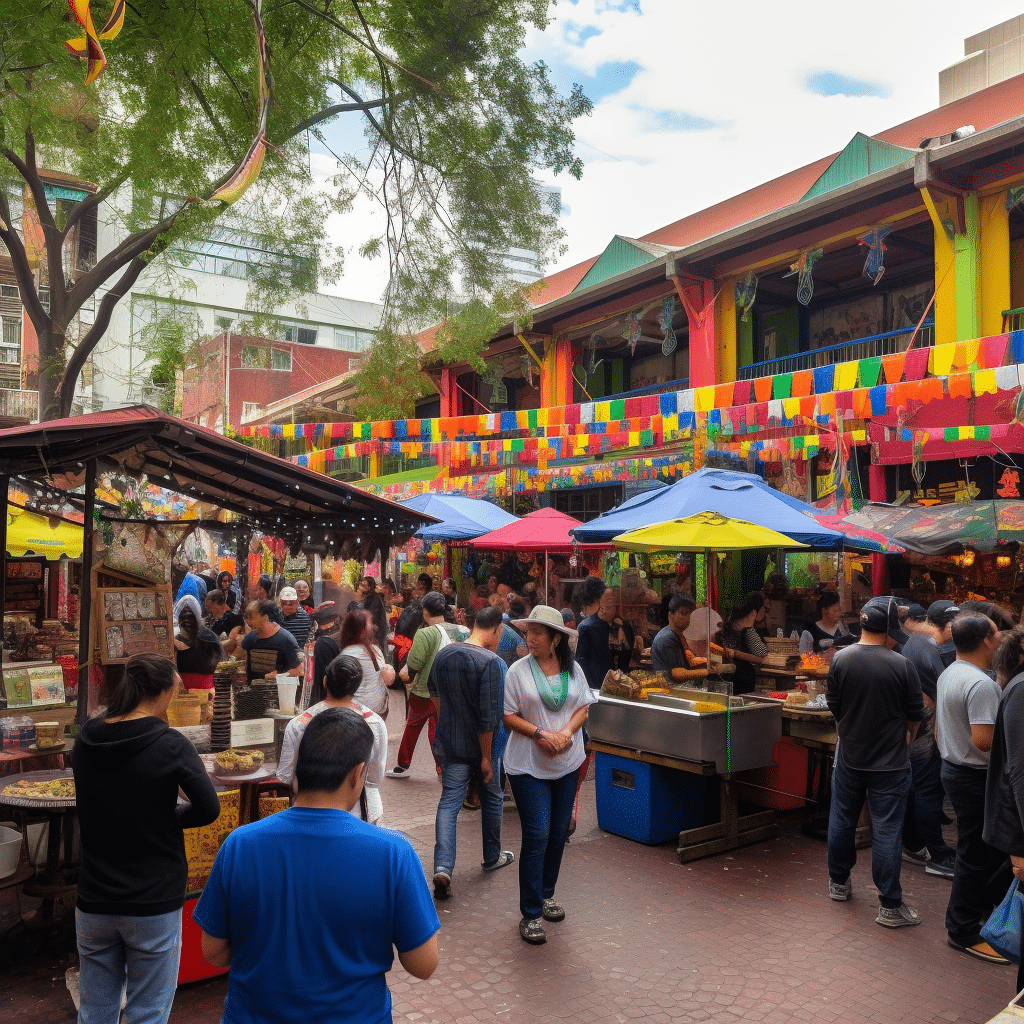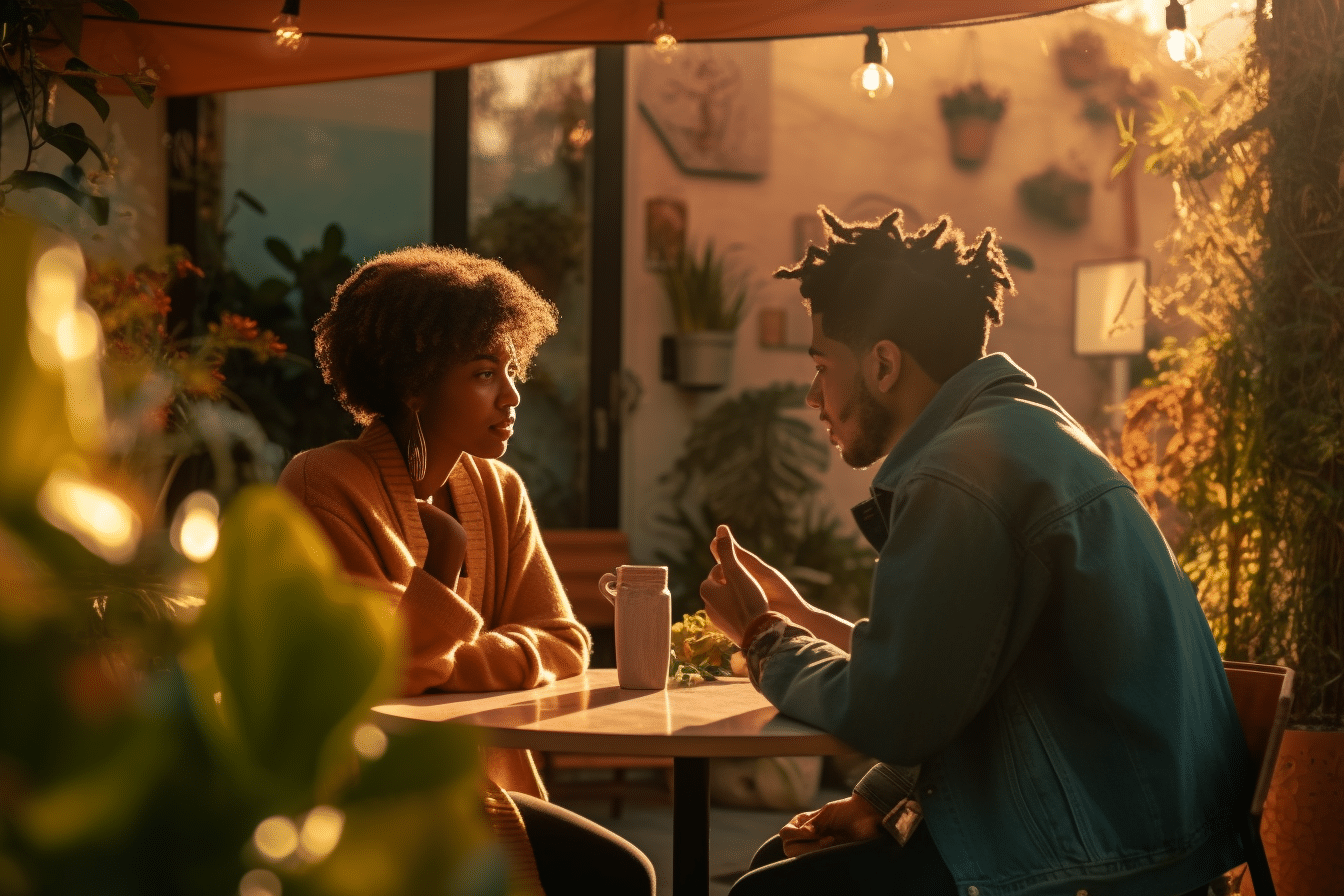Do you frequently find yourself conversing with someone who seems to talk non-stop? It can turn awkward fast, with you feeling like you can’t turn off the word stream.
While some people are naturally more reserved, others may appear to have a never-ending stream of words. In this blog post, we delve into the reasons behind this behavior and explore the factors contributing to some people talking so much.
Personality Traits
One of the main reasons some people talk more than others is their personality type. For example, extroverted individuals tend to be more outgoing and expressive, which often translates into engaging in more conversations.
On the other hand, introverted individuals may be more inclined to listen and observe, leading to less verbal communication. It’s worth watching what type of personality the person you’re dealing with has so you can adjust your conversation style accordingly.

Desire for Social Connection
Another factor driving excessive talking is the desire for social connection. Talking can be a way for people to connect with others, share experiences, and create bonds. Someone who’s lonely or hasn’t been around others for a while may seem overly exuberant.
For some, talking may be a means of seeking validation or reassurance from others. They may feel that sharing more about themselves will help them build stronger relationships.
They Suffer Nervousness or Anxiety
Some people may talk excessively due to nervousness or anxiety. In social situations, they may need to fill any silence with a conversation to avoid awkwardness or discomfort. This continuous talking can serve as a defense mechanism that helps them feel more at ease and control the situation.
If you don’t overreact to their nervous banter, they might slow down and speak more relaxed. Sometimes people mirror our stance, so consider if you’re causing anxiety.
It’s Attention-Seeking Behavior
Excessive talking can sometimes stem from a desire for attention. People who crave attention may dominate conversations and overshare personal details to keep the spotlight on them. This behavior can be rooted in a need for validation or an attempt to compensate for feelings of insecurity.
They’re Knowledge Sharing
Some individuals may have a wealth of knowledge on a particular subject and feel compelled to share it with others. These “subject matter experts” may engage in lengthy conversations to impart their wisdom and help others learn from their experiences.
Lack of Listening Skills
An inability to actively listen can also contribute to excessive talking. Some people may need help recognizing social cues that signal when it’s time to let others speak, or they may need to be fully attentive to the other person’s thoughts and feelings. This lack of awareness can lead to one-sided conversations dominated by the talkative individual.
Conversation Skills Are Learnable
Numerous factors can contribute to some people talking more than others. While it’s essential to recognize that everyone has different communication styles, excessive talking can sometimes hinder meaningful connections. For people who wish to foster better relationships, it’s necessary to balance speaking and listening, allowing for open and respectful communication. By understanding the reasons behind excessive talking, we can better empathize with those who engage in this behavior and work towards more effective communication.
Updated 11/10/2023





